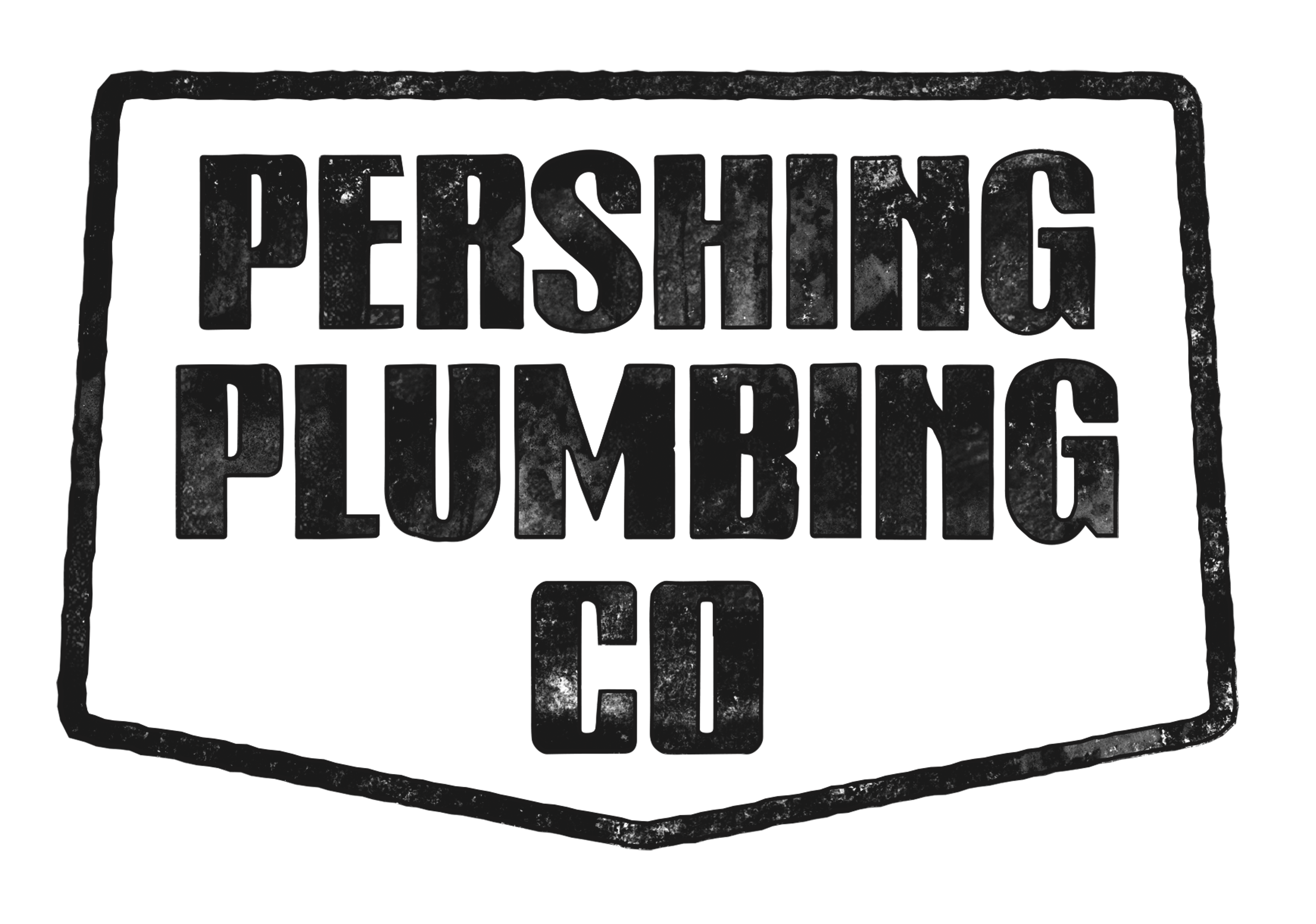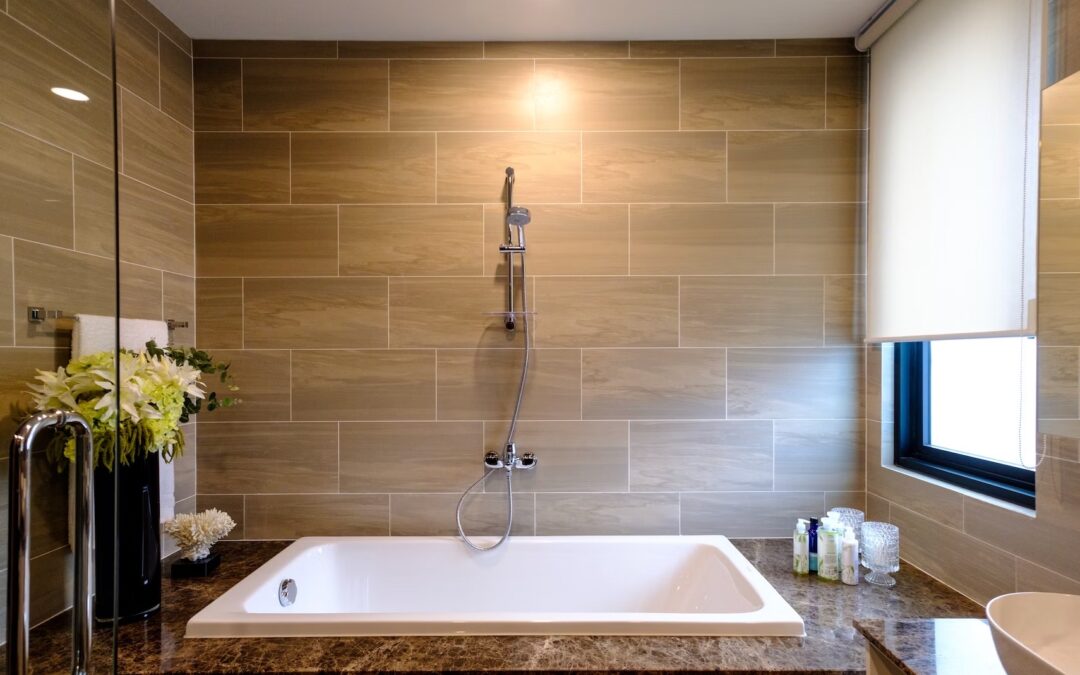Water is an essential element in our daily lives, but not all water is created equal. If you’ve noticed issues like soap scum buildup, dry skin, or mineral deposits on your fixtures, you might be dealing with hard water. Many homeowners turn to water softeners as a solution, but is it really necessary for your home? In this article, we’ll delve into the pros and cons of water softeners and help you make an informed decision based on your specific needs.
Understanding Water Hardness and Softening
The Culprit: Hard Water Hard water is a common issue in many households, primarily caused by the presence of excessive minerals like calcium and magnesium. While these minerals are not harmful to your health, they can wreak havoc on your plumbing system and appliances over time. Soap reacts poorly with hard water, leading to less effective cleaning, while mineral deposits can build up in your pipes, causing reduced water flow and clogs.
The Solution: Water Softeners Water softeners are devices designed to remove those troublesome minerals from your water supply. They work by using ion exchange technology to replace calcium and magnesium ions with sodium or potassium ions, resulting in softened water that is gentler on your plumbing and appliances.
The Benefits of Water Softeners
Skin and Hair Health: Softened water is kinder to your skin and hair, as it doesn’t strip away natural oils like hard water does. This can lead to smoother skin, shinier hair, and reduced issues with dryness and irritation.
Appliance Longevity: Home appliances such as dishwashers, washing machines, and water heaters can suffer from mineral buildup caused by hard water. Softened water can extend the lifespan of these appliances, saving you money on repairs and replacements.
Reduced Cleaning Efforts: With softened water, soap and detergents lather more effectively, making cleaning tasks easier and more efficient. You’ll spend less time scrubbing away soap scum and mineral stains.
Considerations Before Installing a Water Softener
Water Consumption: While water softeners offer benefits, they also require a significant amount of water for regeneration cycles. Consider your household’s water usage and whether you’re comfortable with the increased water demand.
Sodium Content: The ion exchange process in water softeners introduces sodium or potassium ions into the water. If you’re on a low-sodium diet or have specific health concerns, consult a professional before installing a water softener.
Conclusion: Tailoring the Solution to Your Needs
Deciding whether to install a water softener in your home depends on various factors, including the water quality in your area and your individual preferences. While water softeners offer compelling benefits such as improved skin health, appliance longevity, and reduced cleaning efforts, it’s crucial to weigh these advantages against considerations like increased water consumption and potential sodium content.
Assess your household’s needs, consult professionals, and consider the long-term benefits when making this decision. Ultimately, the choice of whether to have a water softener in your home is a personal one, and by making an informed decision, you can ensure that your water quality aligns with your family’s well-being and your home’s infrastructure.

